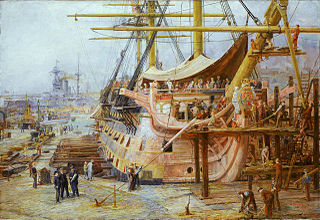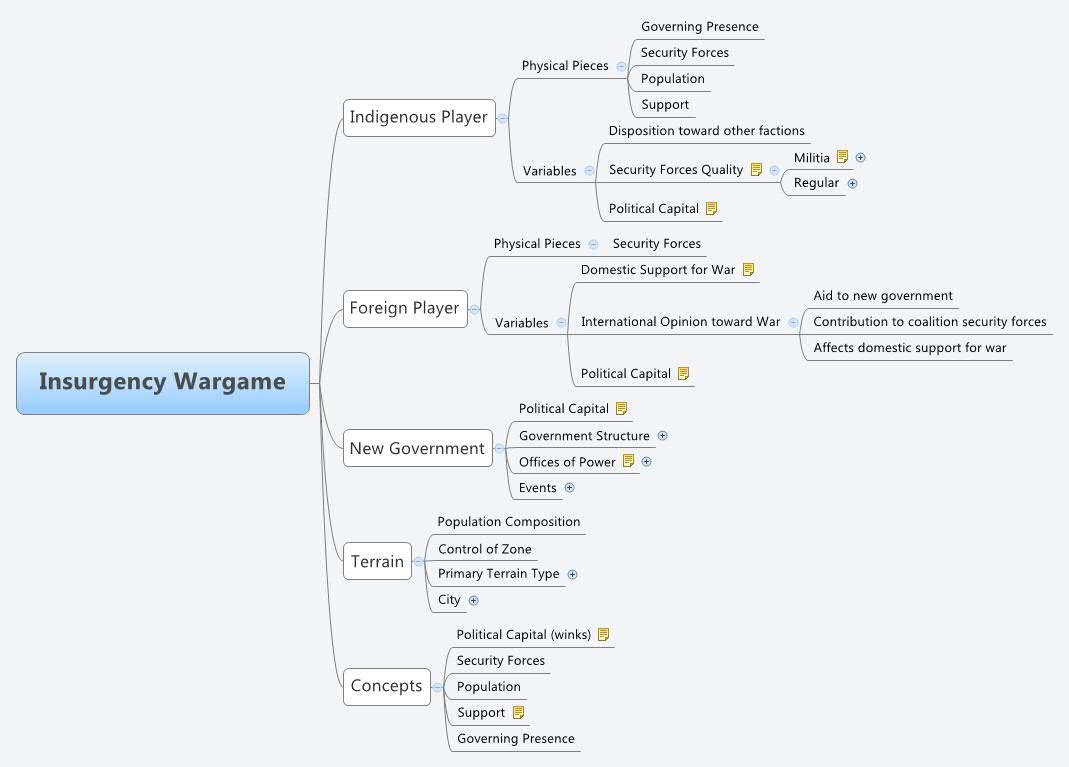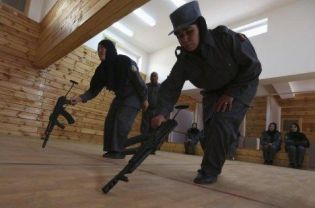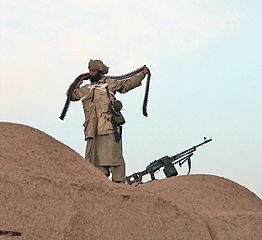Iran & the Great Game: 2012 Edition
The Great Game (not to be confused with the Game of Thrones) is no longer a game for two. The imperial powers of prior ages have been replaced with coalitions of nations at least loosely aligned in their interests, while passive pawns have become primary actors. Iran seeks to be more than simply the setting in this 2012 iteration of the Game, approaching its goal of regional dominance in a determined but not terribly subtle manner.

Iran ran tactical war games in early July 2012 (Photo credit: IRNA)
Would you like to play a game?
Earlier this month, Iran held tactical war games that consisted of air defense and psychological warfare exercises — not surprising choices, given its current threat perceptions. While the exercises did not go completely without a hitch, they served their purpose in providing live training experience to Iranian soldiers and warning Israel of its deterrence capability (though Israeli military intelligence is surely poring over data collected about the war game to determine just how effective Iran’s air defenses actually are).
War games like these send an important message to more than just Iran’s potential adversaries in the region and wider world. The deputy speaker of Iran’s Majlis recently declared “Iran will use all capacities to defend the regional nations, particularly those of Egypt, Syria, Iraq and Afghanistan” at the Asian Parliamentary Assembly, and of course Iran has sought to place Iraq in its sphere of influence since the United States toppled Saddam Hussein’s regime. These war games are a way of displaying military capability without the messy entanglements involved in actually engaging in armed conflict.
Just how persuasive Iran’s latest exercises will be in convincing its neighbors of its conventional power depends on more than the nation’s military performance. Even if Iran managed to put on an impressive display of operational prowess, its neighbors’ perception of its power is intimately tied with their perceptions of the intentions of major world powers like the United States, Russia, and China.
Opportunities, opportunities
In face of the United States’ unmatched hard power around the globe, a regional actor like Iran would have to rely on soft power and irregular forms of power projection to exert influence. Iran achieves this through economic ties, diplomacy, and — most notably — proxy groups like Hezbollah and the Quds Force. The US “pivot” towards Asia, in conjunction with an environment of budget austerity and war weariness in America, opens a potential vacuum for Iran to fill in Central Asia and the Middle East. Iran’s hard power will still not come close to matching what the United States possesses in the region (much less what it can bring to theater within 90 days), but providing immediate military presence for things like anti-piracy operations or border disputes will give it a new level of importance in the region.
The danger of an Iran backed by regional allies and armed with an effective conventional or nuclear deterrent is not that it would “wipe Israel off the map” or initiate a nuclear strike, but that it would be emboldened to engage in regional disruption with its military forces or proxy groups, the latter of which are an especially potent threat. Even in fairly clear-cut cases of state sponsorship of terrorism or aggressive action, the covert nature of proxy groups and their operations allows enough ambiguity to skirt traditional international security mechanisms. Witness the level of conspiracy-mongering in the Muslim world and beyond over US action in Afghanistan. While most of the world was firmly behind the United States when it intervened against the Taliban in 2001, even its steadfast allies have wavered in their participation or moral support for the war today. The Taliban government did not even actively participate in al-Qaeda’s international plots, whereas Iran is far more experienced and sophisticated in using disruptive, irregular forces in a deniable manner.
An emboldened Iran creates opportunities for other nations seeking to compete with the United States’ global influence as well. The pivot to Asia inevitably puts the United States and China in a contest of arms and influence, and China will naturally seek partnerships with the United States’ enemies to compensate for the imbalance between the two military forces. A United States distracted by serious disruptions in the Middle East or Central Asia, where worldwide dependence on oil and gas remains a vulnerability, is more likely to blink in the face of potential armed conflict in, say, the South China Sea.
Watching Iran’s diplomatic and trade moves in the coming years will be equally as important as keeping an eye on its military development and pursuit of a nuclear capability. While its military power will not be a serious threat to the United States on its own, the hard and soft alliances it forms, in addition to the pressures it can exert through its supply of natural resources. will act as a potent force multiplier on an international scale. The region is very much up for grabs even now, and will only become a more ripe opportunity for Iran as US attention shifts toward east Asia. In the 2012 Great Game, Iran is the most important player to watch on every stage.
More reading
- Reports: Iran war games showed missile accuracy
- Iranian Air Defense Forces Start Wargames
- Iranian Air Defense Units Test Rapid Reaction Capabilities
- Air defense drills conducted in NW Iran
- Report: US Wary of Iran’s Missile Capability
- Iran Ready to Help Iraq Maintain Peace, Stability
- Iran uses all capacities to defend regional nations, MP
- CSIS: Iran and the Gulf Military Balance – II (pdf)
- Congressional Research Service: Iran – U.S. Concerns and Policy Responses (pdf)









